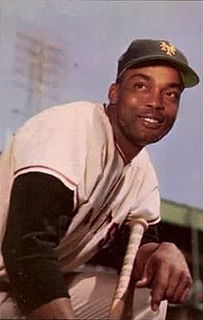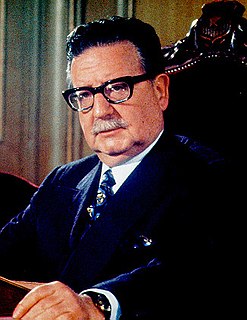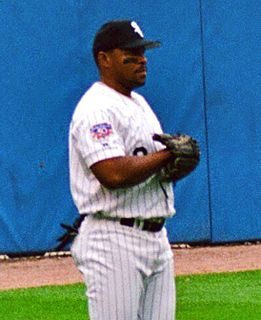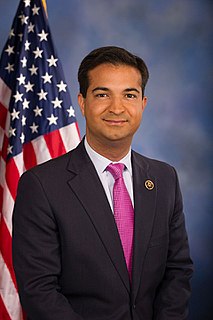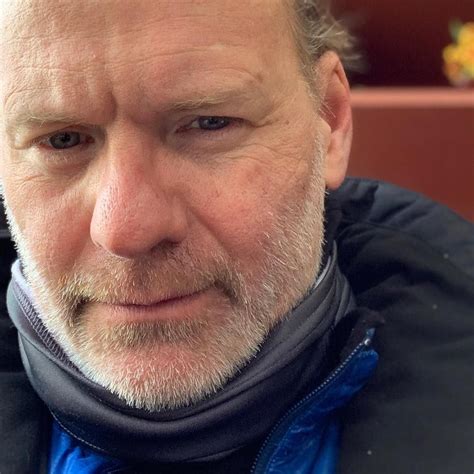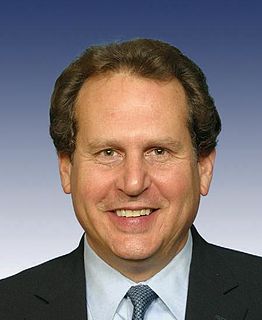A Quote by Barbara Walters
For Castro, freedom starts with education. And if literacy alone were the yardstick, Cuba would rank as one of the freest nations on Earth.
Related Quotes
I have been to Cuba many times. I have spoken many times with Fidel Castro and got to know Commander Ernesto Guevara well enough. I know Cuba's leaders and their struggle. It has been difficult to overcome the blockade. But the reality in Cuba is very different from that in Chile. Cuba came from a dictatorship, and I arrived at the presidency after being senator for 25 years.
There were so many Cuban-Americans upset that we were going to Cuba and I was curious to see why they were so angry, and anti-Castro. I found out as soon as we got there. The people were treated terrible. The conditions were terrible. I can see why people risk their lives and limbs to get out. (Fidel Castro) lives like a king and won't help anybody, and has everybody scared to death. Nobody lives a normal life. It was still a good experience, but I thought we should just play that one game.
If you look at US internal documents, they explain very clearly what the threat of Cuba was. So, back in the early 1960s the State Department described the threat of Cuba as Castro's successful defiance of US policy, going back to the Monroe Doctrine. The Monroe Doctrine established the US claim to dominate the Western hemisphere and Castro was successfully defying that. That's not tolerable. It is like somebody saying "let's have democracy in Greece," and we just can't tolerate that so we have to destroy the threat at its roots.
The Kennedy Administration's public pronouncements on the matter suggested that the presence of Soviet nuclear missiles in Castro's Cuba would represent an unacceptable strategic threat to the United States. . . . This urgent transformation of Cuba into an important strategic base - by the presence of these large, long-range, and clearly offensive weapons of sudden mass-destruction - constitutes an explicit threat to the peace and security of all the Americas. . . .



